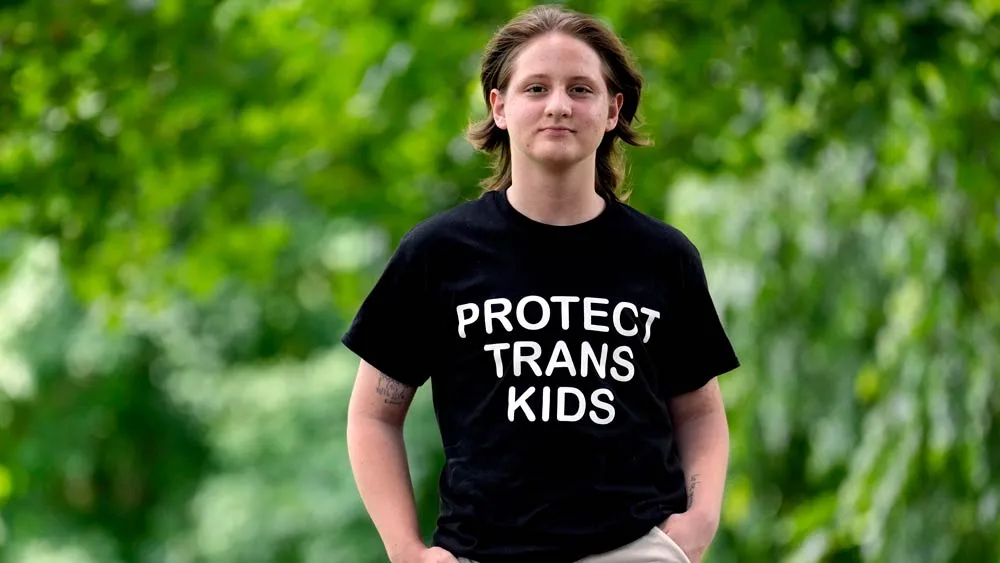February 7, 2015
Going Local, Changing Attitudes in the Deep South
Kilian Melloy READ TIME: 3 MIN.
An unlikely woman is leading the charge to embrace LGBT people in the Deep South.
Mary Jane Kennedy, a conservative, Christian woman living in Mississippi, has become the first face of the Human Rights Campaign's series of commercials in its Project One America campaign.
"Over 50 percent of people in Mississippi identify as Baptist and the framework that many people use when talking about their lives is around faith," said Brad Clark, director of Project One America. "We've lead with the message about faith and the reality that we're all God's children, and that's obviously really critical in the most religious state in the country."
In the commercial, Kennedy tells the story of two of her three sons coming out to her. Through tears, she explains how her thoughts were that it would tear their family apart and the pain she felt telling her husband. His response was, "Well, they're my boys, and I love them."
"One of the main things that I want to happen is to open the arms of Jesus Christ to people that have been pressed out of the church," she said in the ad. "We've closed our doors to people that need us the most. God called us to love each other."
According to a Pew poll, white evangelicals were the least likely religious group to approve of gay marriage, with 21 percent approving.
The $310,000 campaign is a part of a three-year, $8.5 million initiative in the South and will include TV advertisements, direct mail, door-to-door canvassing, phone banking, and possibly billboards. The first TV ad hit Jackson's airwaves in November -- the city is the largest in the state -- and should they be successful, the campaign will spread to Alabama and Arkansas.
Kennedy's TV spot will be followed with similar advertising with other Mississippians. That includes a gay Iraqi War veteran, Baptist minister, transgender student, straight couple, and Rep. Alyce Clarke, who has a gay son. She was the first black woman voted into the Mississippi state legislature in 1985.
The HRC's focus on the southern states is largely because of higher levels of discrimination compared to other parts of the country. It wasn't until the last few months that southern states joined the growing number of states overturning same-sex marriage bans, including Kansas, North Carolina, and South Carolina. With the start of Project One America, the HRC opened offices in Jackson, Miss., Montgomery, Ala., and Little Rock, Ark. to have people on the ground working with the local communities.
"We know really the only thing really changing public opinion in this country is when our friends and neighbors and coworkers come to know their LGBT people," Clark said.
Before the ads were run in Mississippi, the HRC conducted polling to gauge the community's thoughts on gay marriage and LGBT people. Should they decide to run ads in Alabama and Arkansas, they will reshoot ads with local people from the state for greater impact to viewers.
"[Kennedy is] like so many other moms in the area who have a deep-rooted faith. She's a god-fearing Christian, but also loves her gay sons. That message resonates with so many people, but if we do this in other communities, it really has to be lead by local folks," Clark said.
"It's finally time that we talk about Jesus's love and acceptance and justice for everyone, and not just some people. I think that reception has been really well received here."
Kilian Melloy serves as EDGE Media Network's Associate Arts Editor and Staff Contributor. His professional memberships include the National Lesbian & Gay Journalists Association, the Boston Online Film Critics Association, The Gay and Lesbian Entertainment Critics Association, and the Boston Theater Critics Association's Elliot Norton Awards Committee.





